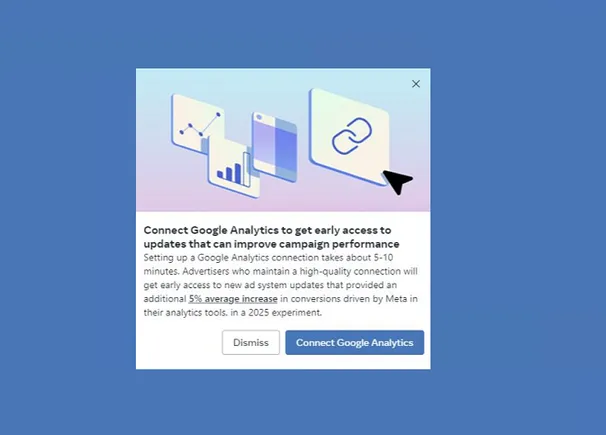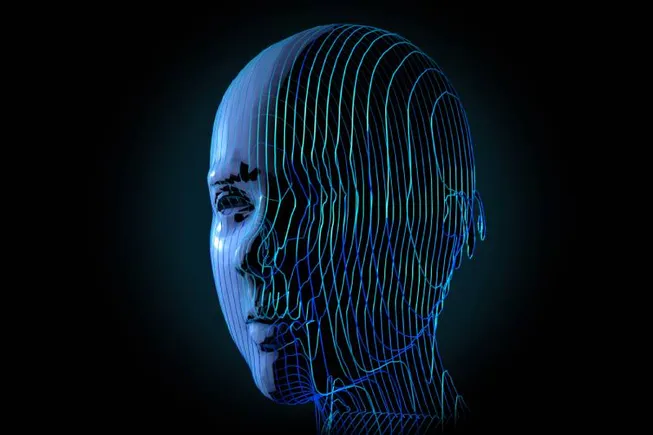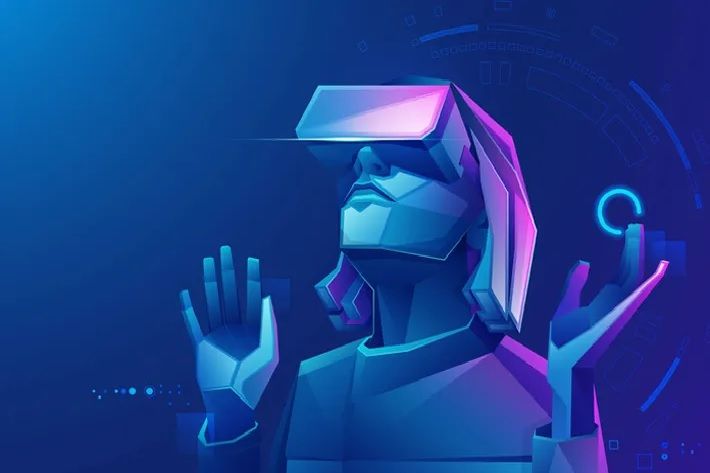
Artificial Intelligence (AI) has come a long way since its inception, transforming the way we live, work and communicate. From simple automation tasks to complex decision-making processes, AI has proven to be a valuable tool that has the potential to revolutionize every industry.
In this blog, we will delve into the evolution of AI, exploring its key milestones and developments that have brought us to where we are today. We will also examine the current state of AI and look ahead to what the future might hold in 2023.
Whether you’re a tech enthusiast, a business professional, or simply curious about the future of AI, this blog will provide valuable insights and predictions to help you understand the role AI will play in shaping our world.
Evolution & Milestones of Artificial Intelligence
The evolution of Artificial Intelligence (AI) has been a fascinating journey, marked by several key milestones and developments that have shaped its growth and advancements.
Let’s take a look at some of the most significant milestones in the evolution of AI:
- 1950s: The Beginnings of AI – In 1956, a group of researchers gathered at Dartmouth College to discuss the possibility of building “thinking machines.” This marked the birth of AI as a scientific discipline.
- 1960s: Early AI Research – During this decade, AI researchers developed the first computer programs that could solve simple problems and make basic decisions.
- 1980s: Expert Systems – Expert systems, computer programs designed to mimic the decision-making abilities of a human expert in a specific field, were introduced during this decade.
- 1990s: Machine Learning – This decade saw the emergence of Machine Learning, a sub-field of AI that teaches computers to learn from data.
- 2000s: Natural Language Processing – Advances in natural language processing (NLP) allowed computers to understand human language better and respond in a more human-like manner.
- 2010s: Deep Learning – Deep learning, a subset of machine learning that uses deep neural networks, saw major advancements during this decade and led to breakthroughs in areas such as computer vision and speech recognition.
- 2020s: AI in Everyday Life – AI has become increasingly integrated into our daily lives, from virtual personal assistants to self-driving cars.
These key milestones and developments in the evolution of AI have paved the way for its current state and set the stage for its future advancements. Today, AI is making its way into various industries and is expected to play an even more significant role in shaping our world in the years to come.
The Current Scenario of Artificial Intelligence
Artificial Intelligence (AI) is rapidly advancing and becoming increasingly prevalent in various industries, such as healthcare, finance, retail, and transportation. AI technologies, such as Machine Learning and Deep Learning, are being used to automate tasks, improve decision-making, and provide more personalized experiences for users.
The development of AI is also leading to new and innovative products and services. However, there are also concerns about the impact of AI on employment and privacy, and there is a growing need for regulations to ensure the responsible and ethical use of AI.
In recent years, AI has seen massive growth in the fields of Natural Language Processing (NLP), computer vision, and machine learning (ML). The rise of virtual assistants like Siri and Alexa has made AI a household name, while the increasing use of AI in various industries such as healthcare, finance, and retail has demonstrated its real-world applications.
Another area where AI has been making a significant impact is in the field of autonomous systems. Self-driving cars, drones, and robots are some examples of autonomous systems being developed and tested. While they offer several advantages, they also raise concerns about safety and the potential for malfunction or misuse.
However, the development of AI has also led to ethical and legal challenges, as well as concerns about job displacement and the potential for misuse of AI. Several organizations and governments are working on creating ethical frameworks for AI development and using them to address these concerns.
Overall, the current scenario of AI is marked by rapid progress and widespread adoption, along with important discussions about its implications and future direction.
Key Trends Of AI In 2023
The following are the biggest Artificial trends for 2023:
- Increased Adoption of AI in Healthcare: The use of AI in healthcare is growing rapidly and is expected to continue in 2023. AI algorithms are being used to improve patient outcomes, reduce costs, and increase efficiency in the healthcare industry. AI-powered tools such as virtual assistants, predictive analytics, and personalized medicine are just a few examples of how AI is changing the healthcare landscape.
- Advancements in Autonomous Systems: Autonomous systems are becoming increasingly common in various industries, such as transportation, manufacturing, and logistics. In 2023, we can expect continued advancements in developing autonomous systems, including self-driving cars, drones, and robots.
- Growth of Edge AI: Edge AI refers to AI algorithms that run on local devices, such as smartphones, laptops, and IoT devices, instead of relying on cloud computing. With the growing demand for real-time processing and low latency, the growth of edge AI is expected to continue in 2023. This will allow for more efficient processing and increased privacy, as sensitive data will not need to be transmitted to the cloud for processing.
Role of AI In Shaping The Future
Artificial Intelligence (AI) has the potential to shape the future in many significant ways. Here are a few key ways in which AI can play a role in shaping the future:
- Improving Quality of Life: AI has the potential to revolutionize various industries and improve quality of life by solving complex problems and automating tedious tasks. For example, AI algorithms can diagnose and treat medical conditions, increase energy efficiency, and make transportation safer and more efficient.
- Driving Economic Growth: AI can also drive economic growth by creating new industries and job opportunities and increasing productivity and efficiency in existing industries. AI has the potential to bring about a new era of technological innovation, which can lead to improved living standards and economic prosperity.
- Enhancing Decision-Making: AI algorithms can help individuals and organizations make better decisions by providing insights and predictions based on large amounts of data. This can help reduce errors, improve outcomes, and increase efficiency in various fields, such as finance, marketing, and logistics.
- Enabling Personalization: AI can help to provide personalized experiences to individuals by learning their preferences and habits. This can help to improve customer satisfaction, increase engagement, and enhance the overall user experience.
Wrap Up
AI has the potential to shape the future in many significant ways. While there are also potential challenges and ethical considerations, the responsible development and use of AI can bring numerous benefits and opportunities to the society.
Visit Products Page for more information about ONPASSIVE and its products.






































































